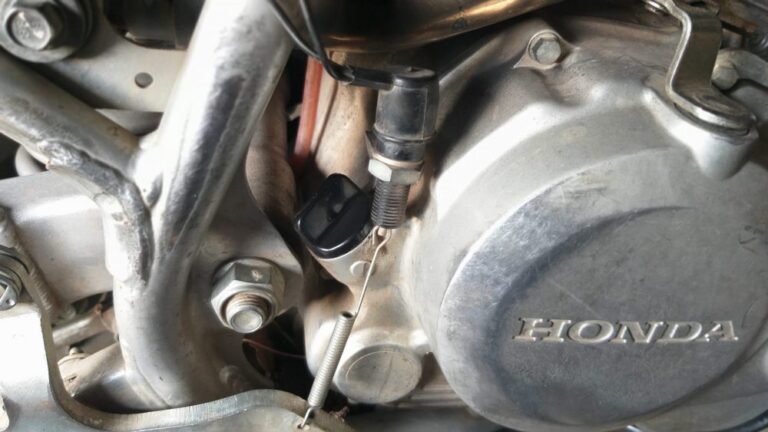Lately, hybrid cars are very fashionable, because everything ecological and everything natural is in fashion. Today we are going to analyze what is the consumption of hybrid cars in depth.
A hybrid car is a car that is a mix between a gasoline car and an electric car, that is, it has two engines that work together.
Normally the electric motor of the car works when the car is in the city, since the car does not need too much power, thus obtaining a silent car that does not emit anything into the atmosphere.
When the car exceeds 50 kilometers per hour, the gasoline engine is turned on, which is an ordinary gasoline engine that kicks in when the car needs more mechanical power.
The electric motor has a battery that is recharged thanks to the car’s alternator, making electricity consumption zero, something that is a good option to take into account.
Hybrid cars are not new, because Toyota introduced its Toyota Prius, one of the world’s first commercial hybrids, more than 10 years ago. These cars have been quite successful among people who care about the environment and among people who care about saving on gasoline.
But… Is it true that hybrid cars are profitable in the long term? Is it true that these cars are better for the environment? All these questions lead us down the path of doubt and it is what makes us back down when buying a car of this type.
But that’s what doncomos.com and its motor section are for, to explain how much a hybrid car costs in real life, so you know if you should buy it or not.
Hybrid cars use less gas
It seems that we all agree on this, for the simple reason that when we are in town, the gasoline engine is off. There are studies that indicate that where a car uses more gasoline is in the city, mainly due to the constant changes in revolutions that the car undergoes.
When the car goes less than 50 kilometers per hour, the cost is 0, since the car pulls only the electric motor, which is recharged thanks to the alternator of the car battery, so if you are going to drive in the city, the hybrid car is ideal for you.
But… Is it really worth it?
Well, the gas savings of a hybrid car is quite high, up to 50% in some vehicles. It also depends a lot on the type of fuel you use and the use you give to the car, since if you are going to use the car only to go on the road, the cost of gasoline will be very similar to that of normal gasoline cars, because it is pulling from the gasoline engine and not the electric one.
If you are a lover of the environment and clean energy, hybrid cars are ideal for you, since these cars emit 40% less gases into the atmosphere, without a doubt good news for environmentalists who have strong concerns about the environment. It is also ideal for people who like to drive quietly in the city.
Disadvantages of the hybrid car
The hybrid car has several disadvantages compared to the normal car. First, hybrid cars are more expensive to start with, since the technology is paid for (although if you use it a lot it is amortized by the savings in gasoline).
Secondly, we have the issue of repairs, which are more expensive than in a normal vehicle. All vehicles that deviate from the traditional line of a car have more expensive repairs, for the simple reason that the parts are more expensive to manufacture than the usual parts of a car.
Finally we have the disadvantage that if you are a lover of the smell of gasoline and the noise of the engine, this is not your car, since it will only make noise when you pass 50.
The future
In a world increasingly concerned about gas emissions and energy savings, this car has a good future. Soon, hybrid cars will be offered with the possibility of having a more powerful electric motor, which will be recharged in sockets. This will allow us to use the electric motor at a higher speed, pulling the gasoline engine only when it is essential and therefore saving more money and emitting fewer gases into the atmosphere.
In summary, the hybrid car spends less than a normal car, however, this is an industry that has a long way to go, especially in terms of costs and repairs, in which it is still light years ahead of the traditional industry. of the automobile.






